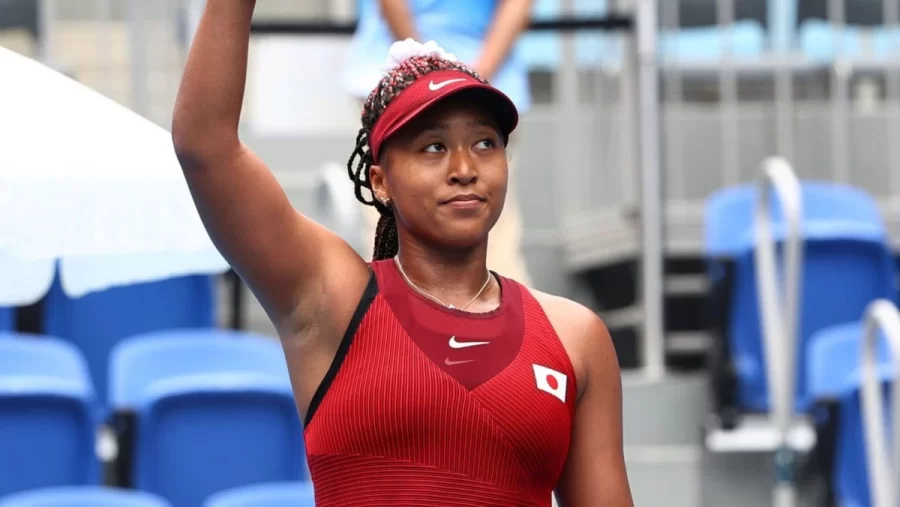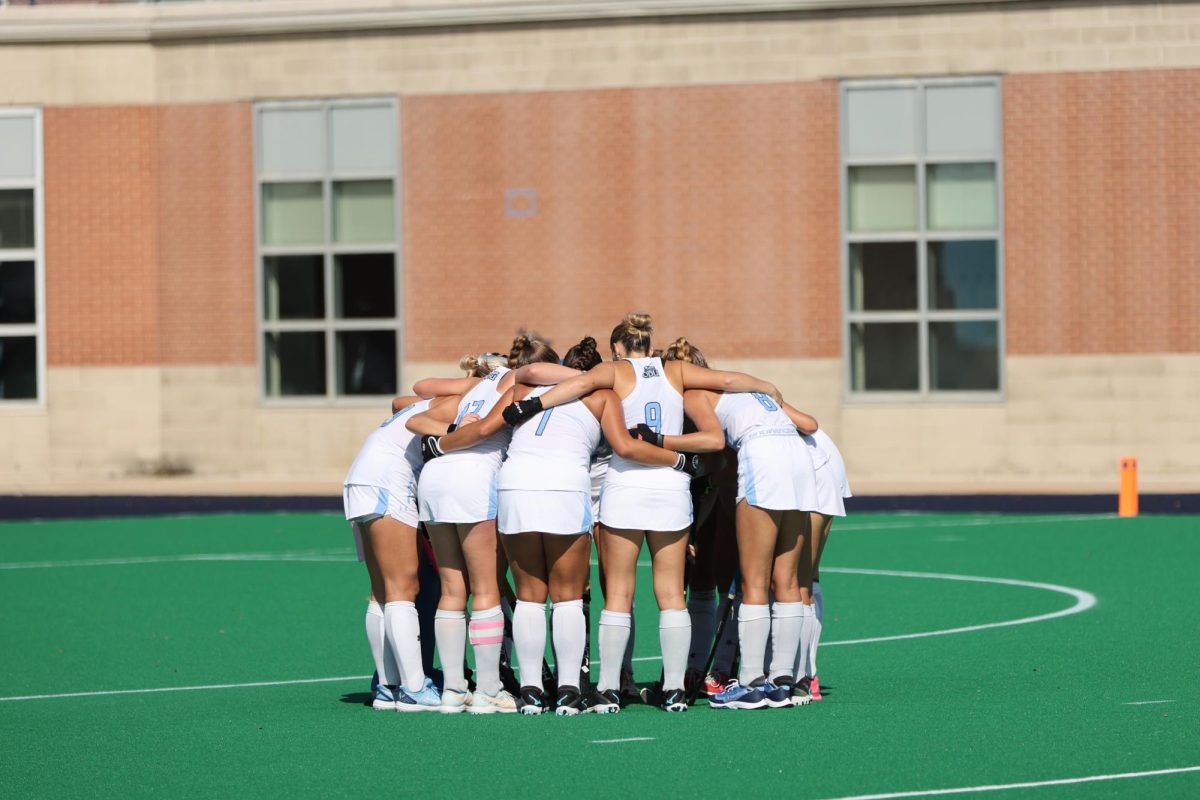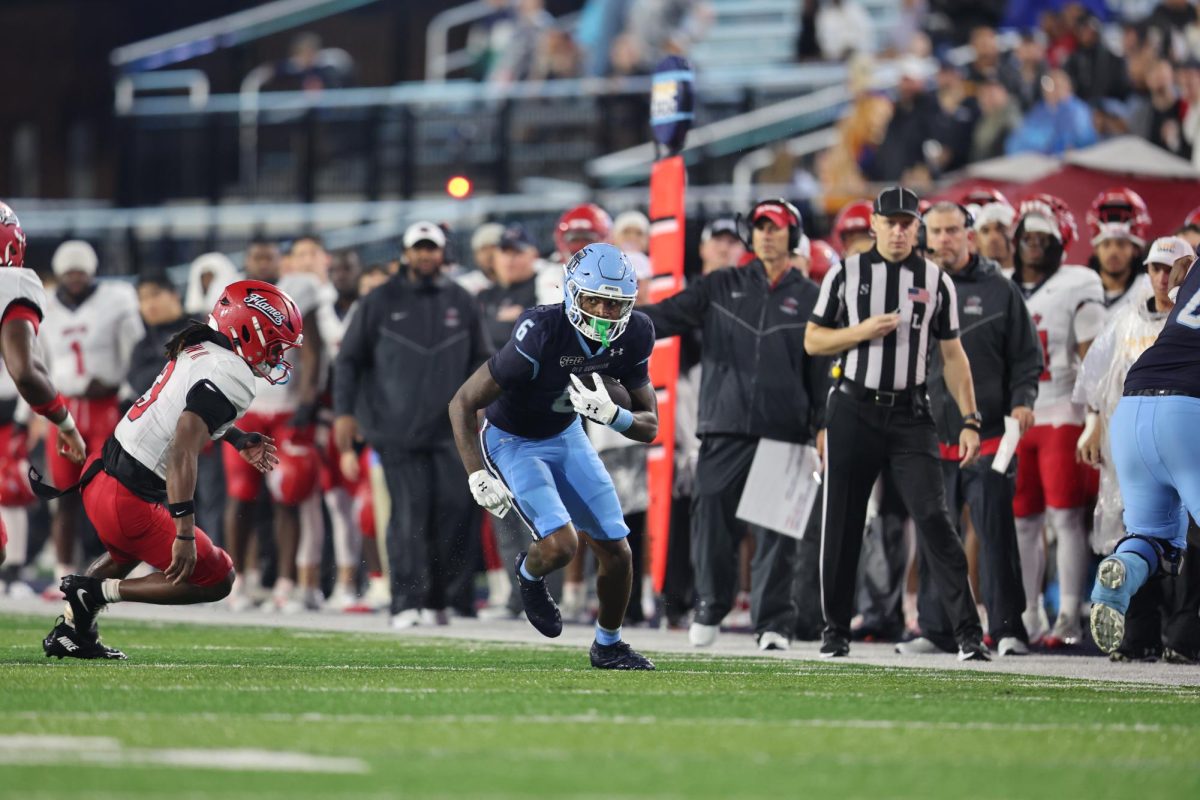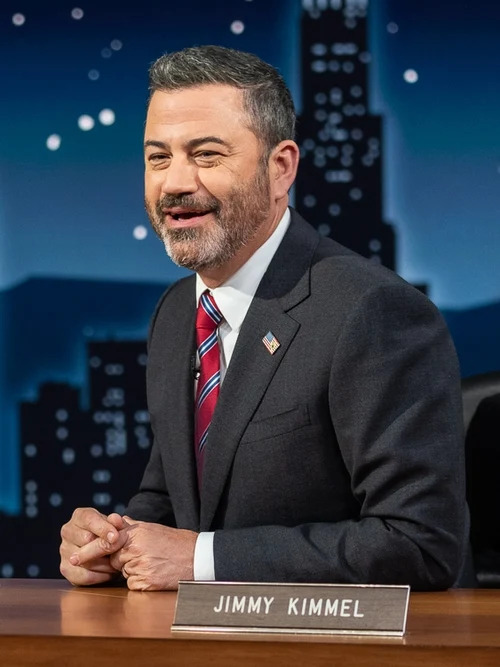Osaka Slams New Life Into Mental Health Argument
December 14, 2021
Originally published December 13, 2o21.
In a relatively short span of time, Naomi Osaka has gone from being a teenage tennis pro to the center of international attention. The now 24-year-old athlete began her professional tennis career in 2013, and has continued making a name for herself both on and off the courts. The media has kept close tabs on the multicultural megastar, documenting her events and activities in great detail ever since her defeat of Grand Slam champion Serena Williams in 2018. One particularly noteworthy instance of this is when the world reported on Osaka and her withdrawal from the French Open to address her mental health.
While her reasons should have been able to remain private, the resulting action from the Grand Slam Board provided news and media outlets with fuel for their desired controversial headlines. Mental health – a struggle all college students can relate to – is a valid reason to take personal time and Naomi Osaka was well within her rights as a human to do so.
While Osaka may have been within her rights, it is important to address the perspective of the Grand Slam Board when analyzing this story. When Naomi Osaka withdrew from the French Open, also known as Roland Garros, the Grand Slam Board responded swiftly. According to USA Today, they penalized Osaka with a $15,000 fine after she skipped the post-game news conference after her win. The board also went on to threaten Osaka with further sanctions and suspensions if she continued these violations. While this may seem extreme, there are obligations and expectations that must be met in order to maintain the long-established standards.
The Grand Slam Tournaments are a massive stage for the world to watch and participate in, whether from home or on the court. As such, the athletes that compete have to follow rules and regulations established by the Board in order to participate. The “2018 Official Grand Slam Rule Book” covers the situation – sort of. The Official Grand Slam Rulebook stated on page 46, it specifically states that “unless injured or physically unable to appear, a player or team must attend” post-match conferences within 30 minutes of the match’s conclusion.
That means the discussion is over, and nothing more needs to be said, right? Wrong.
While not a physical injury, Osaka claimed to feel anxious and depressed, and mental health is a valid condition that needs to be accounted for.
Mental health conditions are becoming a more prominent concern for young adults such as Osaka, and especially for typical college or university students. While it may seem difficult to compare an internationally acclaimed tennis star to a typical postsecondary school student, the differences are thin when stripped to their basic form. According to a research article in the Journal of Nervous & Mental Disease, stress is present at all stages of life. The postsecondary student experiences compounding stress at this stage of life from several factors, including education, finances, living situations, social situations – the list could go on.
Now compare that to Naomi Osaka; a 23-year-old tennis player that needs to practice, needs to pay countless fees for her sport, has to travel the world to participate in various tournaments in order to engage in the major titles of the year, frequently is bombarded by both the public and the media… There are certainly common themes present. What’s more, both stress and society are significantly harder and more intense for a non-white female. Further still, based on their research, it is far more likely that one experiencing severe stress, such as Osaka, is or has experienced a “lifetime psychiatric disorder” such as generalized or social anxiety. Which is exactly what Osaka has expressed. Again, we are brought back to the fact that Naomi Osaka is experiencing scientifically valid, and statistically verifiable, mental health issues.
Osaka stated that she did not wish to have an interview because of her mental health, and mental health is still an aspect of health. A player performed well in their match and emerged victoriously. The player then declined to participate in a single news conference, the only rule that was broken, and consequently was demonized for it.
In a world where we as a society view constant strife, experience perpetual stress, is it acceptable to take someone that is already suffering and make them suffer more? That is precisely what happened between the Grand Slam Board and Naomi Osaka. The Board denied Osaka the same treatment and respect that would have been shown to a player with a sprained elbow.
Osaka said she doesn’t want to revolutionize the way things are handled, just bring attention to them to see if there is perhaps a better way. This is not revolutionary, and attention has been brought to the subject several times in the past. Once again, mental health is important. If a college or university student is allowed to take a day off from classes for their mental health, and not be penalized, then Naomi Osaka – if not everyone – should be allowed to take a mental health day and not be forced to suffer for their suffering.








